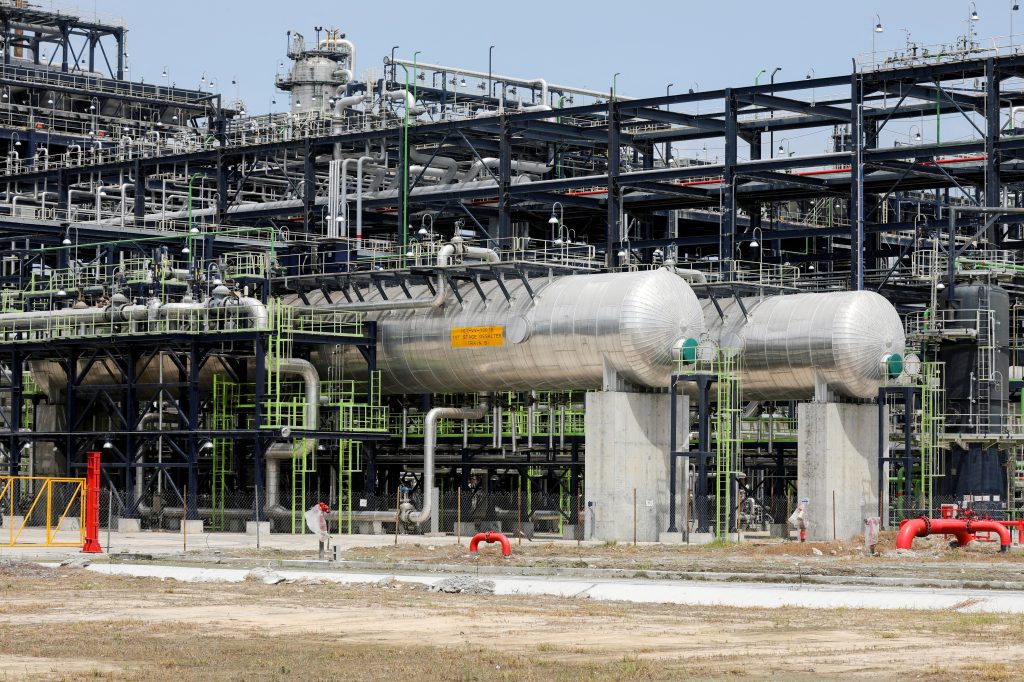Dangote Refinery, a Nigerian privately-owned facility with a capacity of 650,000 barrels per day, recently exported its first-ever jet fuel cargo to Europe.
This achievement, coming less than a year after its inauguration, marks a monumental moment for Dangote Refinery, igniting hope for Nigeria and Africa’s energy independence.
It shows Africa’s potential to become a major player in the global petroleum market, signifying that the continent is no longer just an importer but could become a self-reliant petroleum powerhouse.
S&P Global, in a report on May 30, explained that BP, a British multinational oil and gas company, transported the cargo, a 45,000 mt supply, from Lekki to Rotterdam in the Netherlands. This is the first batch of the 120,000 mt tender it was offered.
The S&P report states, “The inaugural European shipment demonstrates the growing reach of products from (the 650,000 b/d) Dangote Refinery as it has rapidly ramped up operations and aims to shake up established West African trade flows.”
Apart from BP, CEPSA, a Spanish multinational oil and gas company headquartered in Madrid, has also been contracted to deliver an undisclosed amount of jet fuel to the lucrative US$65 billion European market.

“This reality would be a major economic boon for Nigeria and a significant step towards Africa’s energy independence,” explains Monica Amutala, a Kenyan entrepreneur in oil and gas, and economist.
Yet, it is not just the international market that is witnessing the impact of this transformative project. Initiatives are in top gear to satisfy not only Nigeria’s domestic demand for refined products but also those of the continent.
Already, the facility is serving key markets within Nigeria and across West Africa with kerosene and other refined products. Dangote has exported six cargos of jet fuel/kerosene, all of which were delivered to Senegal, Togo, or Ghana.
Despite producing almost 10 million barrels per day, representing about 10% of global crude oil production, an estimated total of 1.9 million bpd of refined products are currently being imported by African countries, costing billions of dollars.
In a June interview on CNN, Aliko Dangote, the owner of the refinery, explained that “Africa will destroy the industrialisation of Africa if we continue to import.”
“The more you import, you are importing poverty into your continent and exporting jobs. Because wherever you are importing from, you are encouraging them to keep expanding. When they expand, they recruit more people, give more jobs to their people. But here, the little jobs that we need to create, they destroy that. So, I’m not a big fan of imports,” he elaborated.
“Shifting dynamics towards utilising our own abundant crude reserves within the continent would be a game-changer. It would bolster regional trade, create jobs in the oil and gas sector across Africa, and enhance our overall energy security,” Amutala added.
“Developing robust intra-African crude oil pipelines and fostering stronger trade partnerships between producing nations and refining institutions would be key steps in this direction,” she concluded.
Credit: Bonface Orucho, bird story agency


